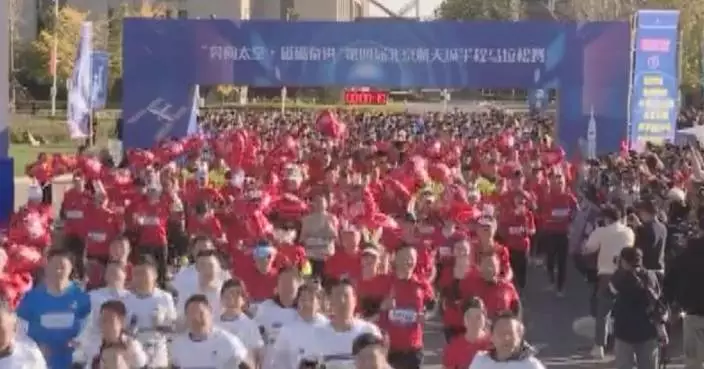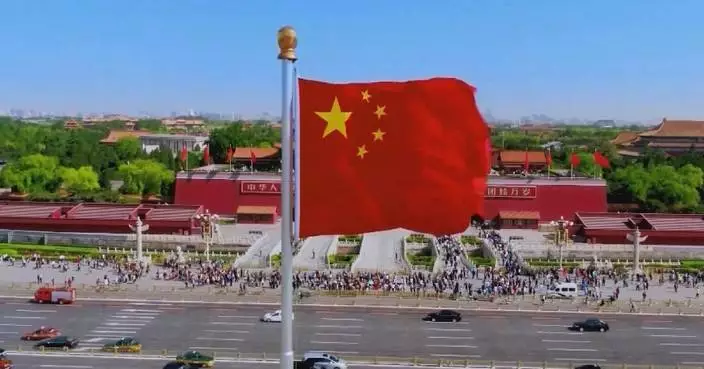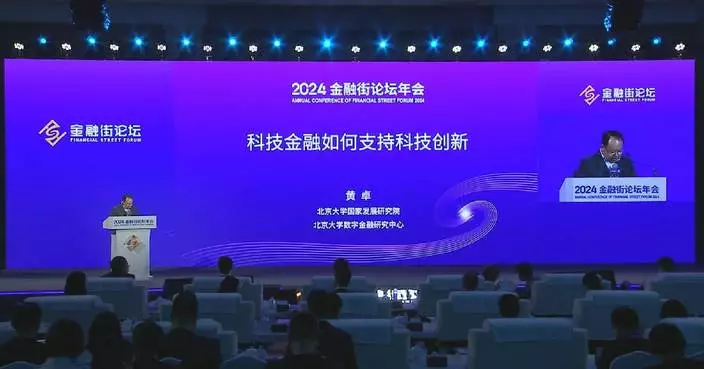The helicopter shuttle route connecting Shanghai Hongqiao International Airport and neighboring Suzhou City in east China's Jiangsu Province was officially opened on Friday, significantly saving the commute time for passengers.
The new helicopter shuttle service welcomed the passengers for the first flight on Friday at the Suzhou Bay Low-Altitude Flight Terminal in Wujiang District.
According to the operator, the helicopter can accommodate five passengers and each person can carry a 24-inch suitcase. The helicopter can reach a maximum speed of 240 km/h and the whole 70-km flight takes about 18 minutes.
Once the helicopter lands on the dedicated apron next to Shanghai Hongqiao International Airport, passengers can take the shuttle bus directly to the terminal for a quick security check.
Currently, the ground transportation time covering the same ground during peak hours exceeds 90 minutes. When the time needed for waiting and going through security check is included, the total time required can reach more than two hours. By using the helicopter shuttle service, the travel time can be cut to 30 minutes.
"It may take us more than an hour to come here by car, and that time is uncertain. But this flight took only 18 minutes, which is more time-efficient for us," said Mr. Ru, a passenger on the route's maiden flight.
"The air route is for the public. At present, the flight can be booked through online reservation and passengers can customize it according to their own schedule. It is mainly to meet the needs of customers for personalized travel," said Chen Qibin, head of the low-altitude route operation company.
The helicopter service is the first route in east China to achieve seamless connection between passenger planes and helicopters in a busy airport, marking a new breakthrough in the field of low-altitude passenger transportation in the Yangtze River Delta. At present, this route is priced at 980 yuan (about 138 U.S. dollars) per person for a one-way trip.

Intercity low-altitude air route connecting Shanghai, Suzhou saves commute time for passengers









